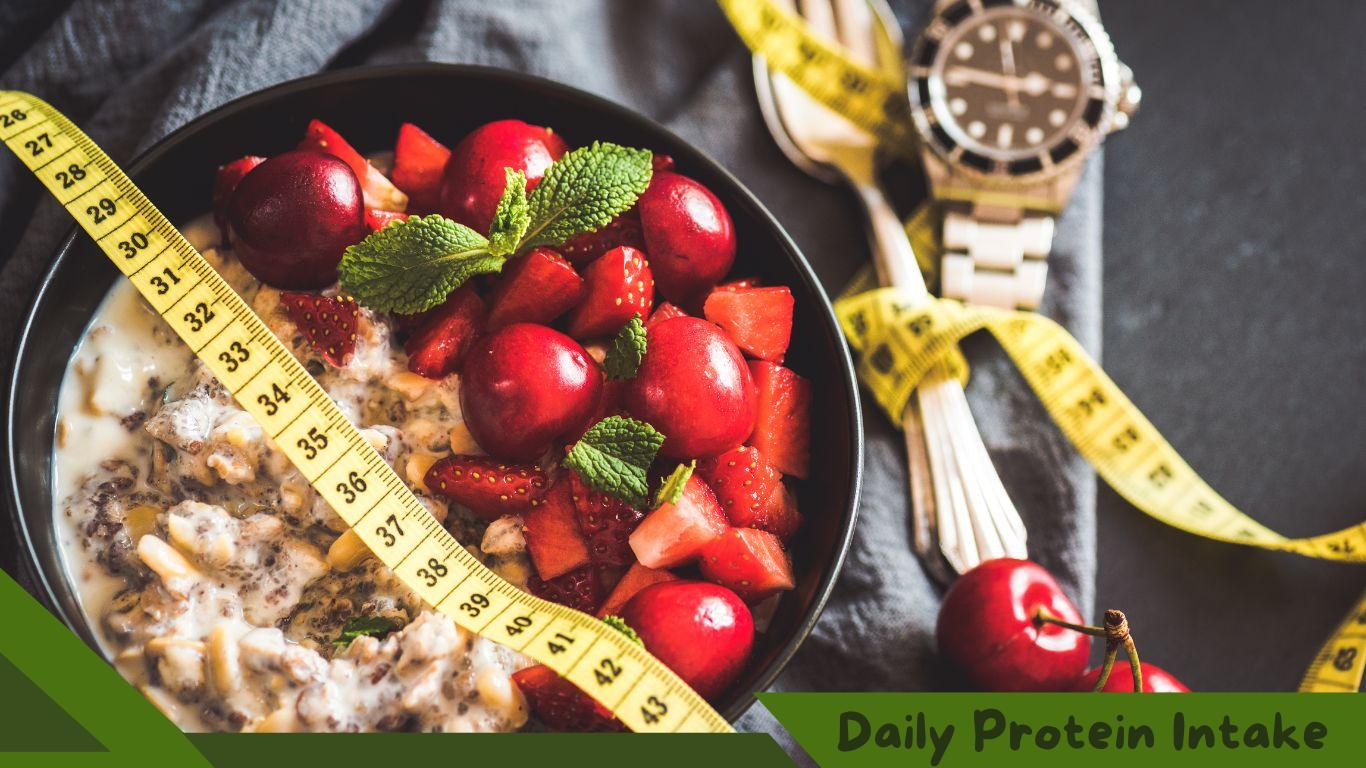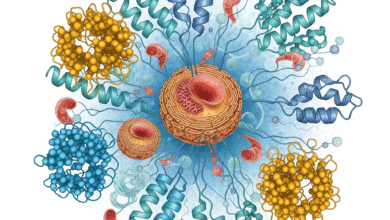Maximizing Your Weight Loss with the Right Protein Intake

When it comes to weight loss, one of the most important factors to consider is your protein intake. Protein is important for building and fixing tissues. It can also make you feel full for longer and help with weight loss. However, not all proteins are created equal. In this article, we’ll see how choosing the right protein intake can help with weight loss.
What is Protein?
Our bodies need protein, carbohydrates, and fats to work well. Protein is one of these three important nutrients. Proteins build and repair tissues like muscles, bones, and skin. They are made up of amino acids and are important for our bodies.
How Does Protein Help with Weight Loss?
Protein has several benefits that can aid in weight loss, including:
- It helps you feel fuller for longer periods, reducing the urge to snack or overeat.
- Protein burns more calories when broken down than fats or carbs.
- Preserving your lean muscle mass is crucial to maintain a healthy metabolism.
How Much Protein Should You Eat?
The amount of protein you need to eat each day depends on your age, sex, and how active you are. Most sedentary adults should have 0.8 grams of protein per kilogram of body weight. If you want to lose weight, eating more protein can help you feel full and keep your muscles intact.
Choosing the Right Protein Sources
Animal vs. Plant-Based Proteins
There are two main types of protein sources: animal and plant-based. Animal proteins, found in meat, poultry, fish, and dairy, have complete proteins. This means they contain all the essential amino acids our bodies require. Plant-based proteins, like beans, lentils, nuts, and tofu, don’t have as much complete protein. But when you eat them with other protein sources, they can still give you enough protein.
Lean vs. Fatty Proteins
To keep your calorie intake in check, choose lean animal proteins. If you want to lose weight, try to focus on lean proteins like chicken, turkey, fish, and low-fat dairy products. You should limit how much you eat fatty proteins like red meat, bacon, and full-fat dairy. They are high in calories and saturated fat.
Other Protein Sources
You can get protein from more than just animals or plants. Protein powders and bars are other options to add to your diet. It’s vital to select high-quality options with low amounts of added sugar and other unhealthy ingredients.
Maximizing Your Protein Intake
Timing
When it comes to maximizing your protein intake, timing is key. Try to eat protein with every meal and snack to feel full and satisfied all day. Eating protein after exercising can help muscles heal and get stronger.
Combining Protein Sources
You can get all the amino acids your body needs by eating different types of protein. You can make a protein-rich meal by mixing rice and beans. Also, you can add nuts to a salad for more protein.
Supplements
If you can’t get enough protein from regular food, protein supplements can help. They’re easy to use and can increase your protein intake. It’s vital to select good protein sources instead of only relying on supplements to meet your protein requirements.
Conclusion:
To maximize weight loss, choose high-quality protein sources, including animal and plant-based options. This can help improve the rate of weight loss. To lose weight effectively, choose lean proteins. Mixing protein sources can give your body all the essential amino acids it needs. To help reach your protein goals, try timing when you eat protein and using protein powders or bars. You can lose weight and improve your health by following these diet tips.
FAQs:
Q1. Can too much protein hinder weight loss?
Consuming too much protein can prevent weight loss by adding extra calories. It’s important to aim for a balanced protein intake within your daily calorie needs.
Q2. Is a plant-based diet sufficient in protein for weight loss?
Yes, you can lose weight on a plant-based diet that includes protein from beans, nuts, and tofu.
Q3. Can protein supplements cause weight gain?
Answer: Consuming excess calories, regardless of their source, can lead to weight gain. Protein supplements are helpful, but they shouldn’t substitute whole foods. Use them along with a balanced diet.
Q4. Is it necessary to consume protein after a workout?
Answer: Consuming protein after a workout can aid in muscle recovery and growth. Eating enough protein every day is more important than when you eat it.
Q5. Can consuming too little protein hinder weight loss?
If you don’t eat enough protein, you may lose muscle and have a slower metabolism, which can make it harder to lose weight. It’s important to aim for an adequate protein intake to support weight loss efforts.




